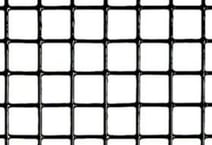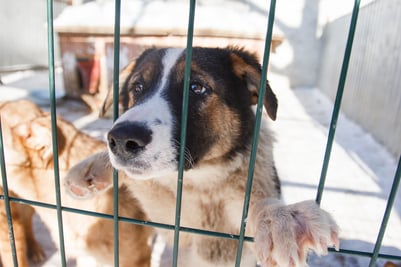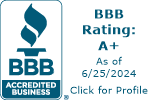Fair Treatment
We live in a world where everyone wants equality and to be treated the same as everyone else. Sounds fair and reasonable. Too bad the same standard doesn’t apply to vinyl-coated wire. It’s sad but true!
A Revealing Test
Take for example much of the vinyl coated wire being imported from China. It is not bonded to the wire-like the higher quality coated wire made in the USA or Italy. On the surface, it looks similar but functionally, it’s miles apart. On much of this wire, you can actually remove the vinyl coating by simply scratching it with your fingernail. Just imagine what’s going to happen to it in the “real world!" It would be like applying paint to a greasy surface. It just won’t adhere properly and will peel off easily. You can see the results in the pictures below of this 14 gauge, 2" x 4" coated wire requested from another company selling vinyl-coated wire fencing materials.
Exposed
When you consider that when people buy the higher-priced vinyl-coated wire over non-coated wire it is because they desire durability, long life, and improved aesthetics. What a disappointment it is when you see the vinyl coating peeling off. When this occurs, the wire underneath the coating is exposed and subject to rust and corrosion. There go the durability, long life, and aesthetics--not to mention the cost of the wire and the cost and work to install it!
The Unfortunate Result
How can you avoid this problem? Choose a high-quality bonded vinyl coated wire product. Why is bonded better? The vinyl coating is “bonded” to the heated, thoroughly cleaned wire mesh through a special, exacting process. This special process provides a strong, smooth, durable coating without pinholes or thin spots. This is where the wire becomes one with the vinyl coating. For PVC coated wire, this is bliss!
The moral of the story, choose vinyl-coated wire carefully. You will pay a little more for a quality, bonded vinyl-coated product, but the benefits and peace of mind are worth it. The quality is remembered long after the price! We can have pity on the inferior vinyl-coated wire, but we don’t have to buy it!












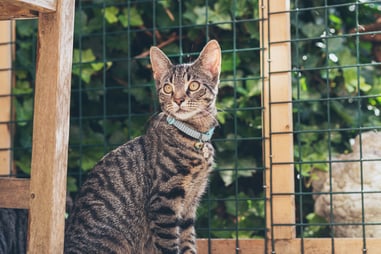

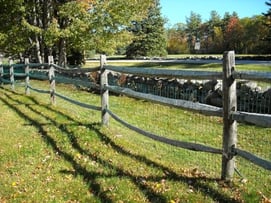




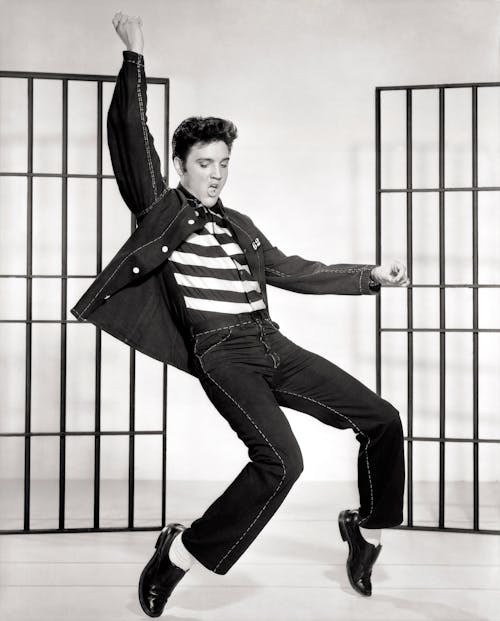


.jpeg?width=382&name=AdobeStock_207045510%20(1).jpeg)
